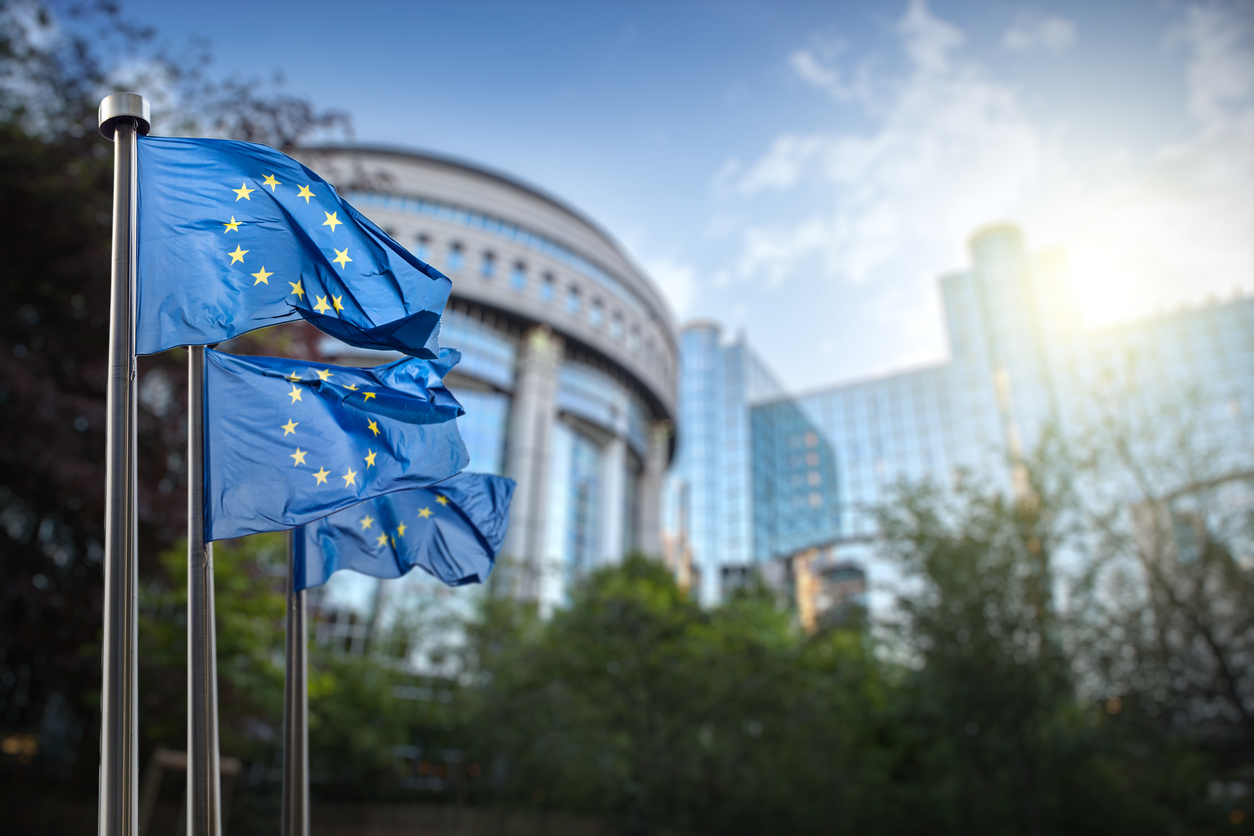
Most of the UK media has been bogged down in the country’s impending European Union exit. But content marketing experts have been more interested in recent decisions taken in Brussels regarding copyright law.
The controversial EU Digital Content Directive passed this week after two years of heated debate. It will take another two years to come into effect, however understanding what it means now could save time (among other resources) in the future. And in more ways than one.
Why should I care?
The Directive has been introduced to reverse the digital content revenue gap. Creators, from musicians to writers and filmmakers, regularly see their work copied, re-used and re-purposed without financial reward. The new laws look to make this situation right.
You should care because, as a brand or content marketing agency, you are a creator. And you’re also likely to have used copyrighted work a some point or other.
What does it mean?
In a nutshell, the Directive passes responsibility for protecting the rights of creators to big tech companies. If an individual uploads a video to YouTube then YouTube must make sure it does not breach copyright, or seek the required licensing.
That sounds pretty fair
In many ways it is. However, voices from World Wide Web creator Tim Berners-Lee to Paul McCartney have voiced concerns.
What are they so bothered about?
Critics argue that this could severely impact on the freedom and availability of information online. Not to mention restrict the ability to producer user generated content.

Actually, that bit sounds quite bad
Not necessarily. The rules state that the host of the content is liable for any costs owed to the original copyright holder, not the individual user. There are also several exemptions.
The law will not apply to the following types of content that may use copyrighted materials…
Reviews
Parodies
Memes
GIFs
The following digital businesses will be also be exempt…
Any platform that is younger than three years, has a turnover less than €10million and claims fewer than 5million unique monthly users based in the European Union.
So why did 5million people sign a petition to stop it, and thousands protest on the streets?
The major worry is that big tech already struggles to remove seriously concerning content. From extremism to violent sexual imagery, the ‘cleaners’ are overwhelmed trying to censor what is uploaded.
Asking the likes of Facebook and YouTube to manually check for copyright is therefore unrealistic. Meanwhile, algorithms are unlikely to successfully identify the difference between a plagiarised article and a long-form quote used for review purposes.
This could lead to platforms blanket-banning material that might infringe on copyright. If that happens then some of the work content marketing agencies and brands are producing could be in contravention of the law.









